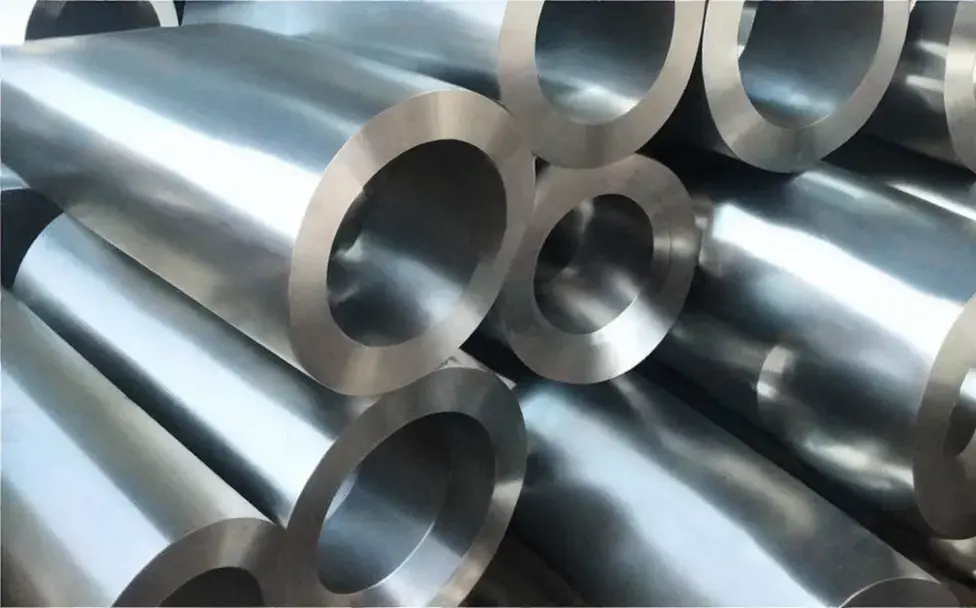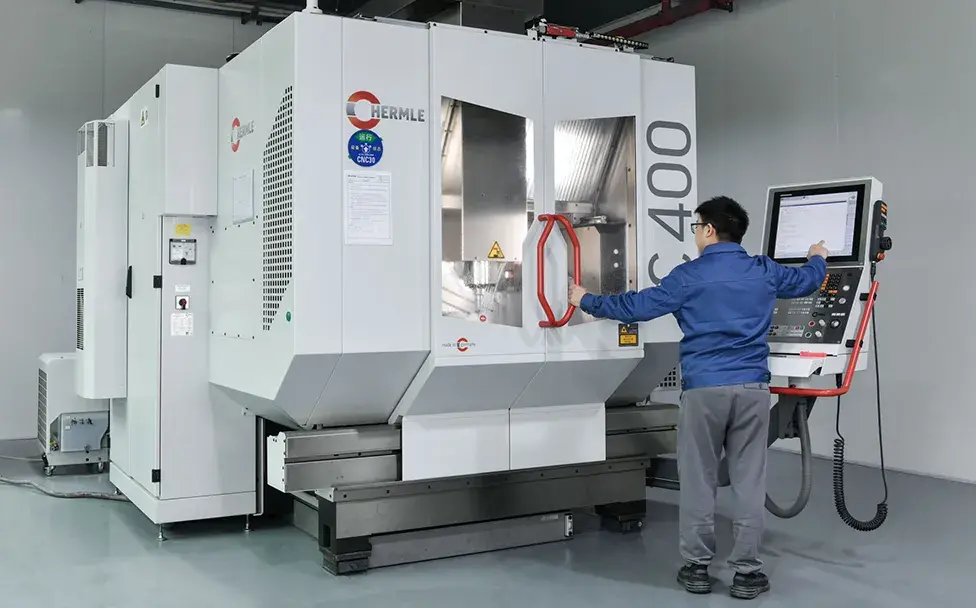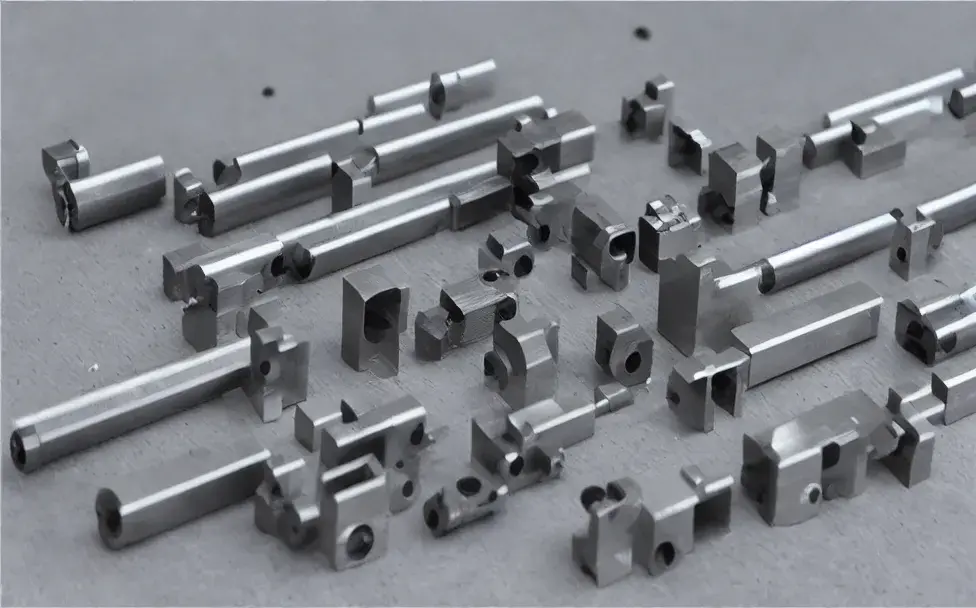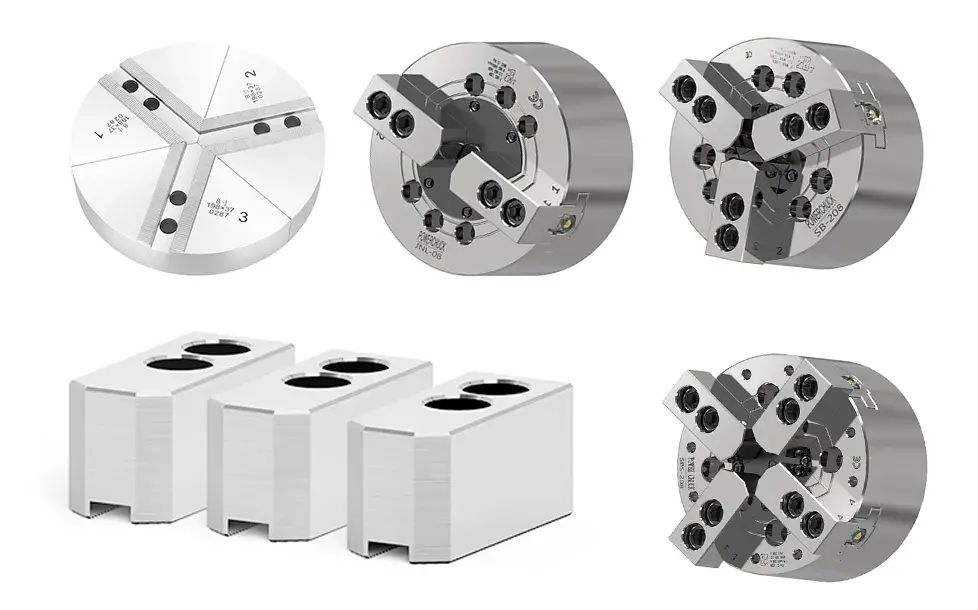Types of Drill Bits
Twist Drill Bits
Twist drill bits are the most commonly used type of drill bits. They have a cylindrical shape and are used for drilling holes in a straight line. These bits have two cutting edges that are twisted together to create a spiral shape.
Brad Point Drill Bits
Brad point drill bits are similar to twist drill bits, but they have a sharp center point that helps keep the bit on track, preventing it from wandering. These bits are ideal for drilling into softwoods, hardwoods, and other materials that can be prone to splitting.
Masonry Drill Bits
Masonry drill bits are used for drilling into concrete, brick, and other masonry materials. They have a unique design that includes a carbide tip that helps to reduce heat buildup and increase drilling speed.
Step Drill Bits
Step drill bits are ideal for creating holes in metal and other materials. They have a stepped design that allows for multiple hole sizes to be drilled without having to change the bit.
Materials for Drill Bits

High-Speed Steel (HSS)
High-speed steel is the most common material used in the manufacture of drill bits. This material is known for its durability and ability to resist heat buildup, making it ideal for drilling into a wide range of materials.
Cobalt
Cobalt is another popular material used in the manufacture of drill bits. This material is known for its toughness and ability to withstand high heat and pressure,cobalt drill bits make it ideal for drilling into harder materials such as stainless steel and cast iron.
Carbide
Carbide is a popular material used in the manufacture of high-performance drill bits. This material is known for its ability to retain sharpness and resist wear and tear, making it ideal for drilling into tough materials such as hardwoods, composites, and metals.
Advantages of Using Drill Bits in CNC Machining
Precision
Drill bits used in CNC machining operations offer precise and accurate results. This is due to the precise control offered by CNC machines, which eliminates human error and reduces the chance of mistakes.
Speed
CNC machining operations using drill bits can be completed quickly and efficiently. This is because the machine can control the speed and depth of the drill, ensuring consistent results every time.
Repeatability
CNC machining operations using drill bits offer repeatable results, which means that identical results can be achieved every time the operation is performed. This is ideal for mass production and other high-volume operations.
Versatility
CNC machining operations using drill bits can be used to create holes in a wide range of materials, including metals, woods, composites, and plastics. This makes it a versatile tool that can be used in many different industries and applications.
Drill bits are essential tools used in drilling operations, and they come in different shapes, sizes, and materials to suit various drilling needs and applications. CNC machining operations using drill bits offer precise and accurate results, as well as speed, repeatability, and versatility. Whether you are drilling into hardwoods, metals, or masonry materials, there is a drill bit that will suit your needs and help you achieve the results you



